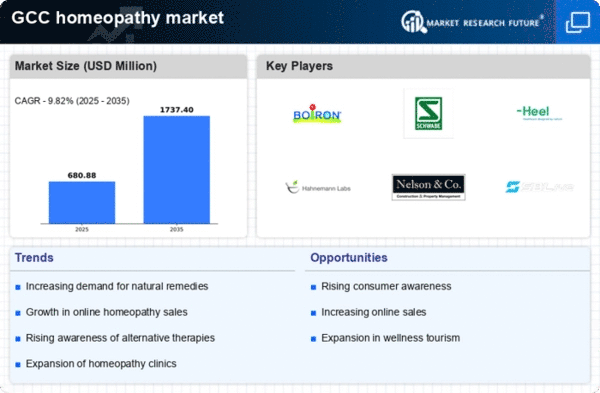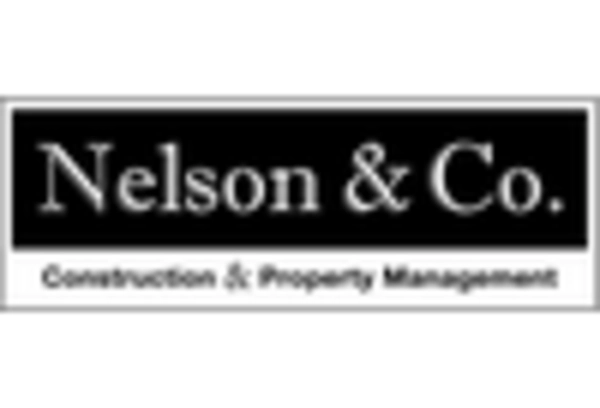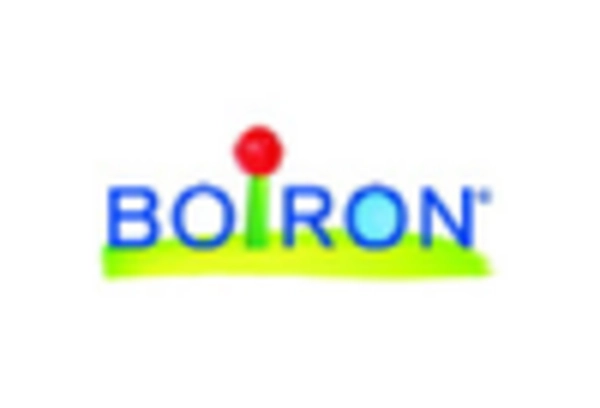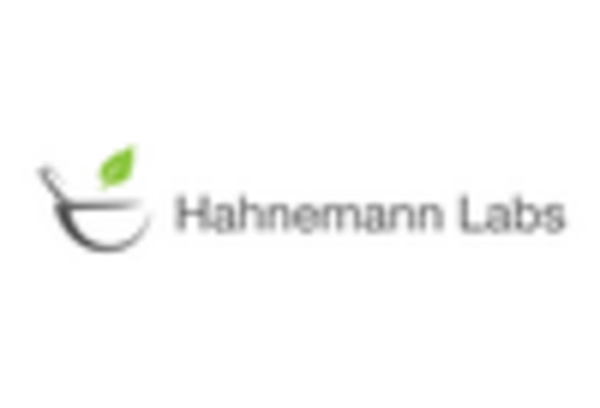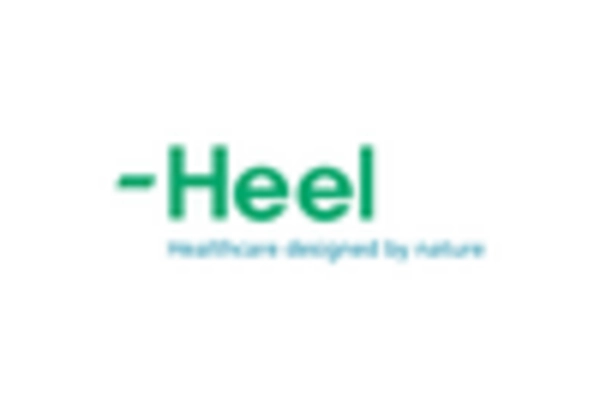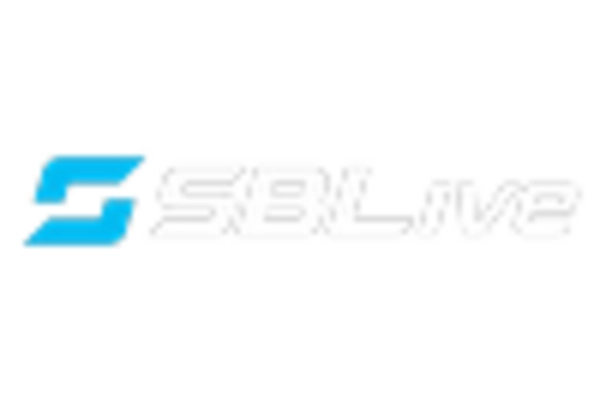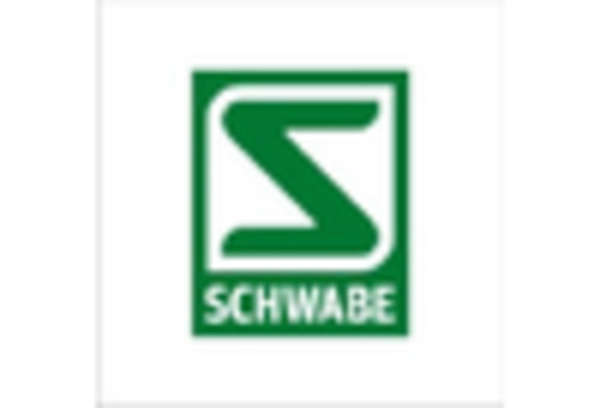Rising Healthcare Costs
The escalating costs associated with conventional healthcare in the GCC are prompting consumers to explore alternative treatment options, including homeopathy. As healthcare expenses continue to rise, individuals are seeking cost-effective solutions that do not compromise on quality. Homeopathic treatments often present a more affordable alternative, which is appealing to a broad demographic. This shift is reflected in the increasing sales of homeopathic products, which have seen a growth rate of around 10% annually. The homeopathy market is thus positioned to benefit from this trend, as more consumers turn to homeopathy as a viable option for managing health conditions without incurring high medical bills.
Cultural Acceptance of Homeopathy
Cultural factors play a significant role in shaping the homeopathy market in the GCC. There is a growing acceptance of homeopathic practices within various communities, driven by a blend of traditional beliefs and modern health perspectives. This cultural shift is fostering an environment where homeopathy is increasingly viewed as a legitimate form of treatment. As more individuals embrace these practices, the market is likely to see an influx of new customers. Additionally, educational initiatives aimed at promoting the benefits of homeopathy are further enhancing its acceptance. This cultural endorsement is crucial for the sustained growth of the homeopathy market, as it encourages both practitioners and consumers to engage more deeply with homeopathic solutions.
Increasing Demand for Natural Remedies
The homeopathy market in the GCC is experiencing a notable surge in demand for natural remedies. This trend is largely driven by a growing consumer preference for holistic and alternative treatment options. Many individuals are increasingly seeking solutions that are perceived as safer and more aligned with natural healing principles. According to recent data, the market is projected to grow at a CAGR of approximately 15% over the next five years. This shift towards natural remedies is indicative of a broader movement towards wellness and preventive healthcare, which is reshaping the landscape of the homeopathy market. As consumers become more informed about the benefits of homeopathic treatments, the industry is likely to see a significant increase in both product offerings and market penetration.
Regulatory Support for Alternative Medicine
Regulatory frameworks in the GCC are evolving to support the integration of alternative medicine, including homeopathy. Governments are increasingly recognizing the importance of providing consumers with access to diverse treatment options. This regulatory support is crucial for the homeopathy market, as it fosters an environment where practitioners can operate legally and safely. Recent initiatives have been introduced to standardize practices and ensure quality control, which enhances consumer trust. As a result, the market is expected to expand, with more practitioners entering the field and a wider array of products becoming available. This regulatory landscape not only legitimizes homeopathy but also encourages investment and innovation within the homeopathy market.
Technological Advancements in Product Development
Technological innovations are playing a pivotal role in the evolution of the homeopathy market. Advances in research and development are leading to the creation of more effective and targeted homeopathic remedies. These innovations not only improve the efficacy of treatments but also enhance the overall consumer experience. For instance, the introduction of digital platforms for consultation and product delivery is streamlining access to homeopathic solutions. As technology continues to advance, the market is likely to witness an increase in product diversity and availability. This trend is expected to attract a younger demographic, who are more inclined to utilize technology in their healthcare decisions, thereby expanding the reach of the homeopathy market.


